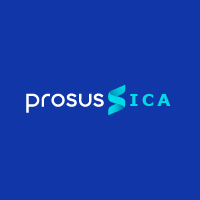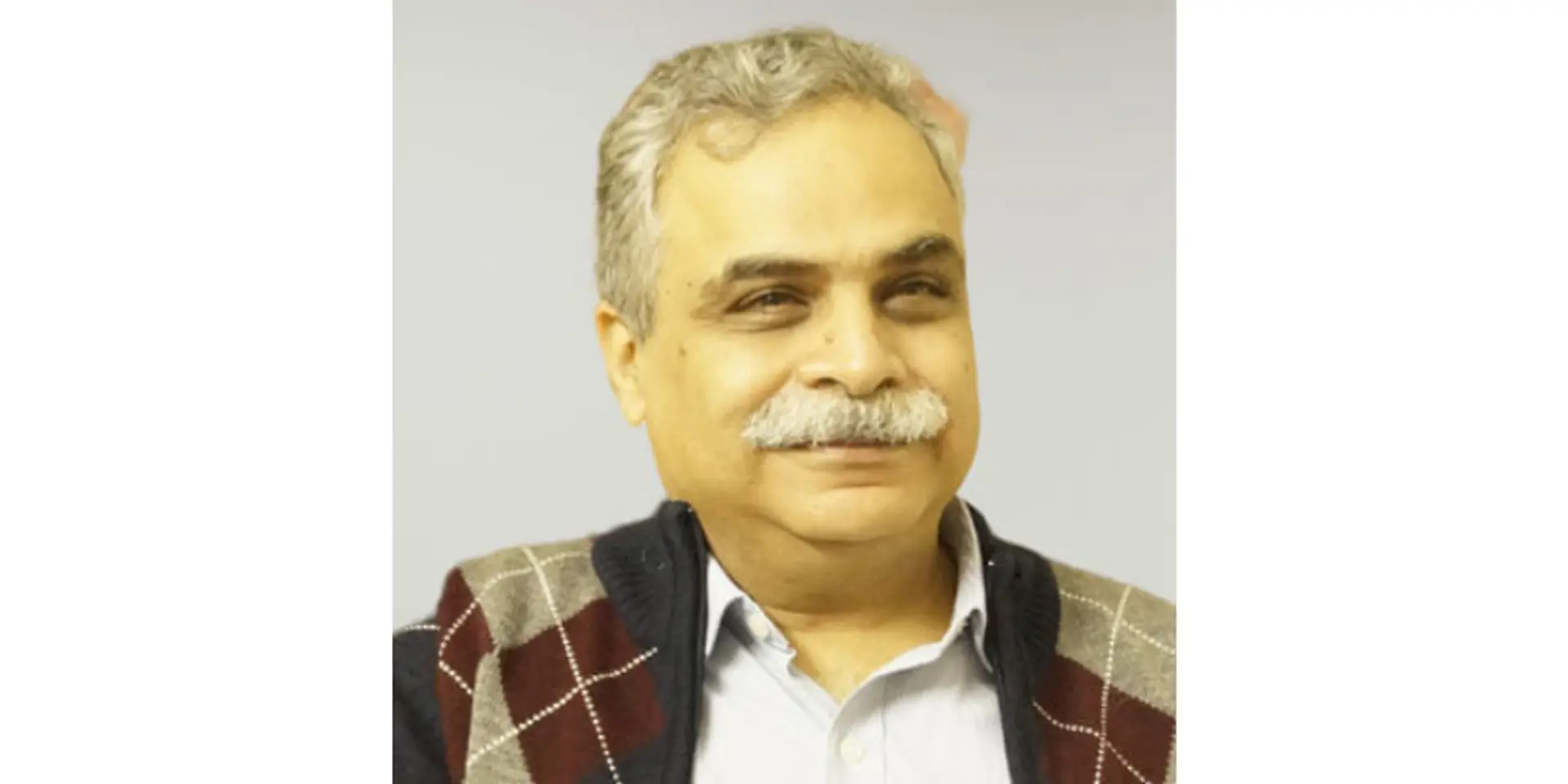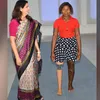
Prosus SICA
View Brand PublisherProsus SICA: Make technology universal, not assistive
As the world's second-most populous country adjusts to a new reality, a sizable minority navigates a much harsher one: 63 million Indians with blindness or low vision are additionally deprived of human contact as social distancing continues in India. Ironically, Dipendra Manocha, who is visually impaired and a veteran advocate for digital literacy, finds solace in this isolation. The pandemic has accelerated the pace of digitisation. He says, “In a way, we have been preparing for COVID-19 for decades.”
Dipendra, who leads one of several Indian groups that are developing information and communication technologies for the disabled, some under the auspices of the United Nations, believes the Prosus Social Impact Challenge for Accessibility (SICA) will inject much- needed private sector energy into the search for assistive technologies. Private investment will ensure that disruptive and customised technologies break out of the purgatorial prototype stage and reach users across India, he says.
Prosus SICA is a social entrepreneurship challenge, launched on August 26 by Prosus, the global consumer internet group of Naspers, in collaboration with Invest India, Startup India, and Social Alpha. Three startups with the most disruptive solutions in assistive technology will be awarded Rs 1,65,00,000 over three years. Registrations will remain open until October 12, 2020.
Dipendra is Vice President, Digital Accessible Information System Delhi, which is part of a forum of 174 organisations across the country that adapts text into multimedia formats for use in developing countries. He has been influential in two key respects.
One has been to drive digital literacy or “simply put, literacy”, as he says, among the visually impaired, which is a low 20-25 percent, compared with an overall literacy rate of about 65 percent. The second has been to persuade several technology companies to incorporate accessibility features in their products. “Technology has come to define what a visually disabled person can do, and therefore, social perception to blindness itself,” he says, recounting the day he could finally read his own temperature with a talking thermometer, in 1998.
Dipendra’s life-long devotion to the visually impaired has made him something of an elder statesman. In 2008, he received the IIM Lucknow Lakshmipat Singhania National Leadership award, presented by the President of India. A year earlier, he was selected as an Ashoka Fellow in 2007 and recognised as a social entrepreneur. He is president of the National Association for the Blind in Delhi and has received numerous awards, including a National Award for contributions to community development in disability and two President’s Awards.
Which means he is a voice of pragmatic wisdom.
For the blind and visually impaired, a solution is viable only when it fits into an ecosystem that is affordable, accessible in different geographies and languages, is user-determined, and most importantly, the recipient is trained in its use. The widely acknowledged truth in India is that the value chain of assistive technology is broken; the lack of formal market channels makes products scarcer and therefore more costly.
The Saksham Trust, founded by Dipendra in 2003, functions as an ‘Amazon for the disabled,’ he says, delivering more than 50 aids and appliances for the disabled, such as collapsible canes, talking thermometers, calculators, and scales. These channels, like Amazon, help keep a lid on prices.
Dipendra himself adds to the inventory with his own inventions. He collaborated with IIT Delhi to develop the SmartCane, an electronic device that attaches to the top fold of a conventional white cane and detects above-the-knee and other hanging obstacles, such as the branch of a tree. “Being on the right side of the digital divide is essential for survival,” he reiterates, “especially in the COVID-19 era."
With Prosus SICA, Dipendra hopes to see innovation that is “universal, not simply assistive.” At a practical level, this means contestants should attempt to develop products that minimise the burden of customisation on the differently abled. “Aim for the Apple iPhone or Android that comes prepared for the visually impaired, in contrast to an earlier generation of products that needed to be reconfigured,” he says. The governing principle is that disability ought to be regarded as an “instance of diversity, not as a limitation. Promoting accessibility then becomes a matter of inclusion.”
Prosus SICA’s winning products will be socially impactful, technologically innovative, sustainable, scalable, and capable of introducing positive change in the lives of persons with disabilities. Product entries should be in their final stages of launch or have completed some verifiable user validation. The submissions will be screened by a jury of peers, an evaluation by sector experts and end-user interviews followed by a demonstration.
Does he view the winning products as competition? “We are happy to lose our business when an assistive technology goes mainstream,” he says candidly.








